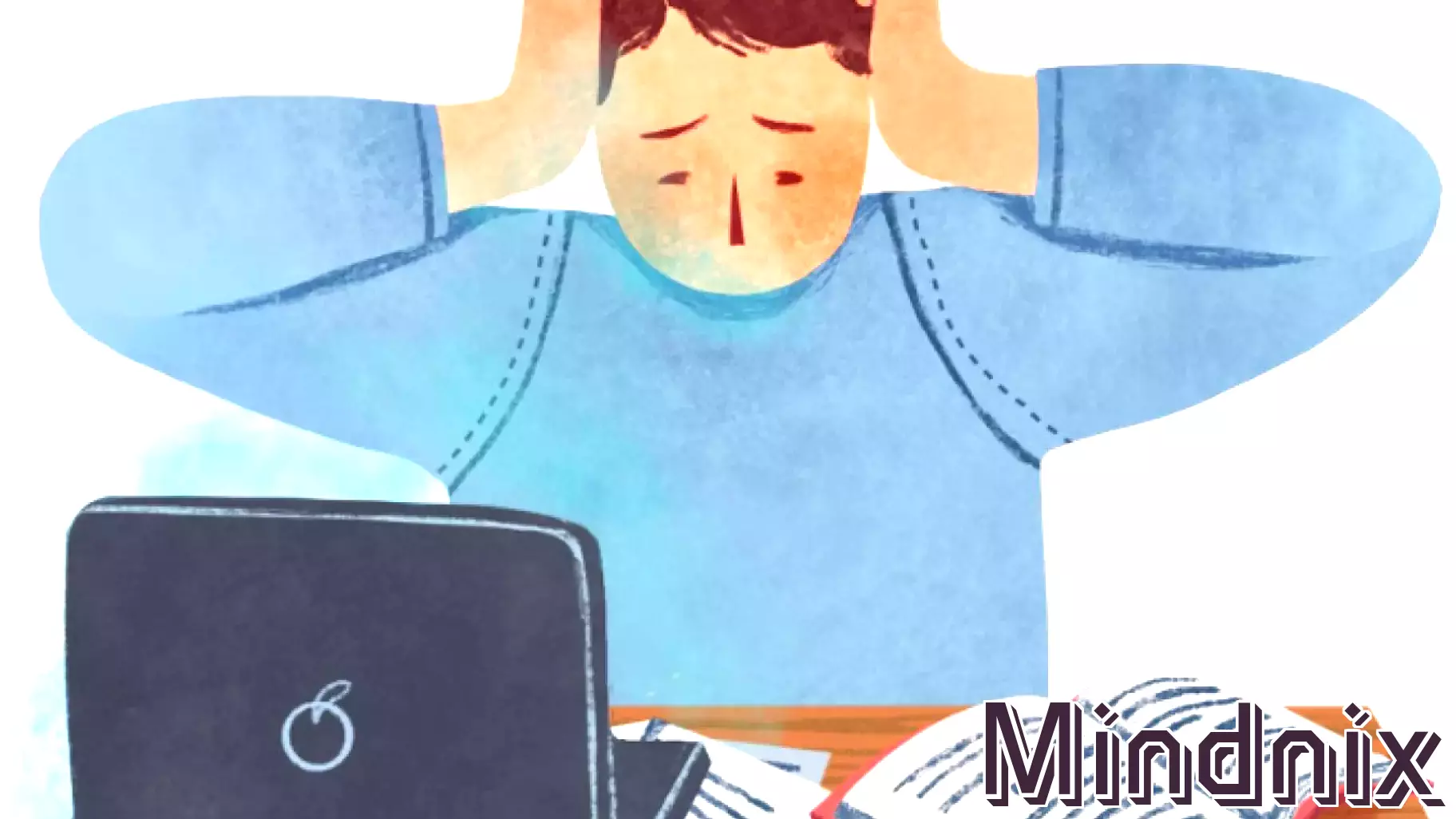December 2, 2024 - 00:59

Misinformation surrounding mental health is rampant on social media platforms like TikTok, creating significant barriers to effective treatment. Many users share personal anecdotes and unverified claims that can mislead viewers about mental health conditions and their management. This phenomenon raises concerns among mental health professionals who stress the importance of accurate information.
Therapists and mental health practitioners are urged to stay informed about the common misconceptions circulating online. Misunderstandings about conditions such as anxiety, depression, and ADHD can lead individuals to avoid seeking professional help or to pursue ineffective self-treatment strategies. This can result in worsening symptoms and prolonged suffering.
Additionally, the rapid spread of these myths can foster stigma, making it more difficult for individuals to discuss their struggles openly. Mental health professionals are encouraged to engage with their clients about the content they consume online, helping to provide clarity and promote evidence-based practices. Ensuring that accurate information is accessible is crucial in combating the negative impact of misinformation on mental health.



